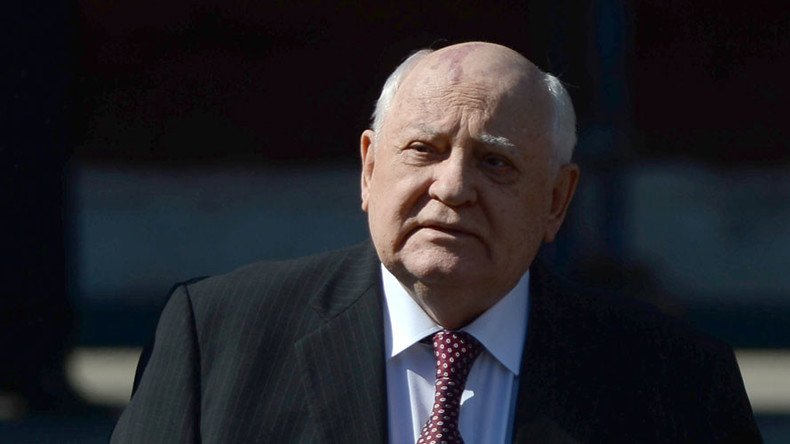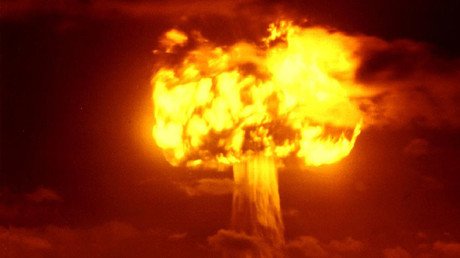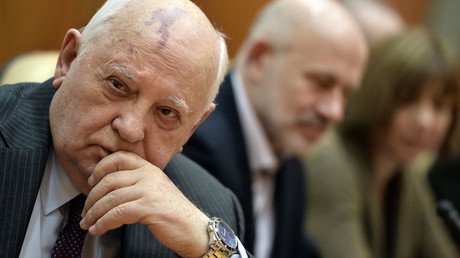Gorbachev summoned to court over 1991 crackdown on protest in Lithuania

The Vilnius Regional Court has ruled to summon former Soviet President Mikhail Gorbachev as a witness in a case related to the events of January 13, 1991 in which 13 people were killed during a Soviet crackdown against unauthorized protests.
This information was confirmed by Ainora Kornelija Maceviciene, presiding judge of the Vilnius court, who said that any person having important information about the case can be summoned as a witness.
The court’s decision was made “taking into account the material of the criminal case and the fact that a number of witnesses, including Soviet Army soldiers… named Mikhail Gorbachev as a person possibly having knowledge of the circumstances of the case that is being heard by the court. His name was mentioned and, therefore, the court granted the request of the victim’s lawyer,” the judge said, as quoted by the Baltic News Service.
She also added that the Lithuanian Justice Ministry would now request legal assistance from Russia. Lithuania’s Deputy Justice Minister Julius Pagojus also said that the court’s decision would be translated into Russian and sent to Russia’s Justice Ministry.
At the same time, a spokesperson for the Gorbachev Foundation said that the NGO did not receive any official requests from Lithuania and became aware of the court’s decision from the media, as reported by TASS.
Vilnius has already repeatedly tried to summon Gorbachev as a witness in the 1991 crackdown case, but these attempts were unsuccessful. Some complainants in the case also asked Lithuanian law enforcement authorities to launch a separate probe into the former Soviet president’s role in the January 1991 events and summon him as a “special witness.”
Lithuanian prosecutors, however, refused to grant this request, saying that available evidence does not indicate that Gorbachev was aware of the intended Soviet military action or deliberately failed to take measures to prevent it.
Moscow expressed its hope that the trial would shed light on the truth of the matter and would allow the identification of those really responsible for the crimes committed during the January 1991 events.
At the same time, Russian Foreign Ministry Spokeswoman Maria Zakharova said that the “Russian public is rightly disturbed by politically-motivated prosecution of Russian citizens who took part in [January 1991] events, by Lithuanian authorities over framed-up accusations,” RIA Novosti reports.
On January 13, 1991, thirteen people taking part in demonstrations were killed as Soviet troops were deployed to Lithuania and seized several strategic facilities in Vilnius, including the TV Tower. One person also died of a heart attack during the unrest, and 600 to 700 people were injured, according to varying estimates.
The events followed the Lithuanian authorities’ declaration of independence from the Soviet Union and adoption of the Act of the Re-Establishment of the State of Lithuania which Soviet authorities denounced as violating the Soviet Constitution.
Lithuania opened a criminal inquiry into the 1991 incidents 25 years later, in January 2016. Lithuanian judicial authorities charged 65 people, including the former Soviet defense minister, the former Vilnius Soviet Army garrison commander, and the former commander of the Alpha Special Forces unit, with war crimes and crimes against humanity.
Most of the defendants, however, face charges in absentia as they live in Russia, Belarus, or Ukraine. Only two of them, both Russian military veterans, are present at the hearings.
The case is one of the biggest trials in Lithuanian history in terms of the number of suspects.














